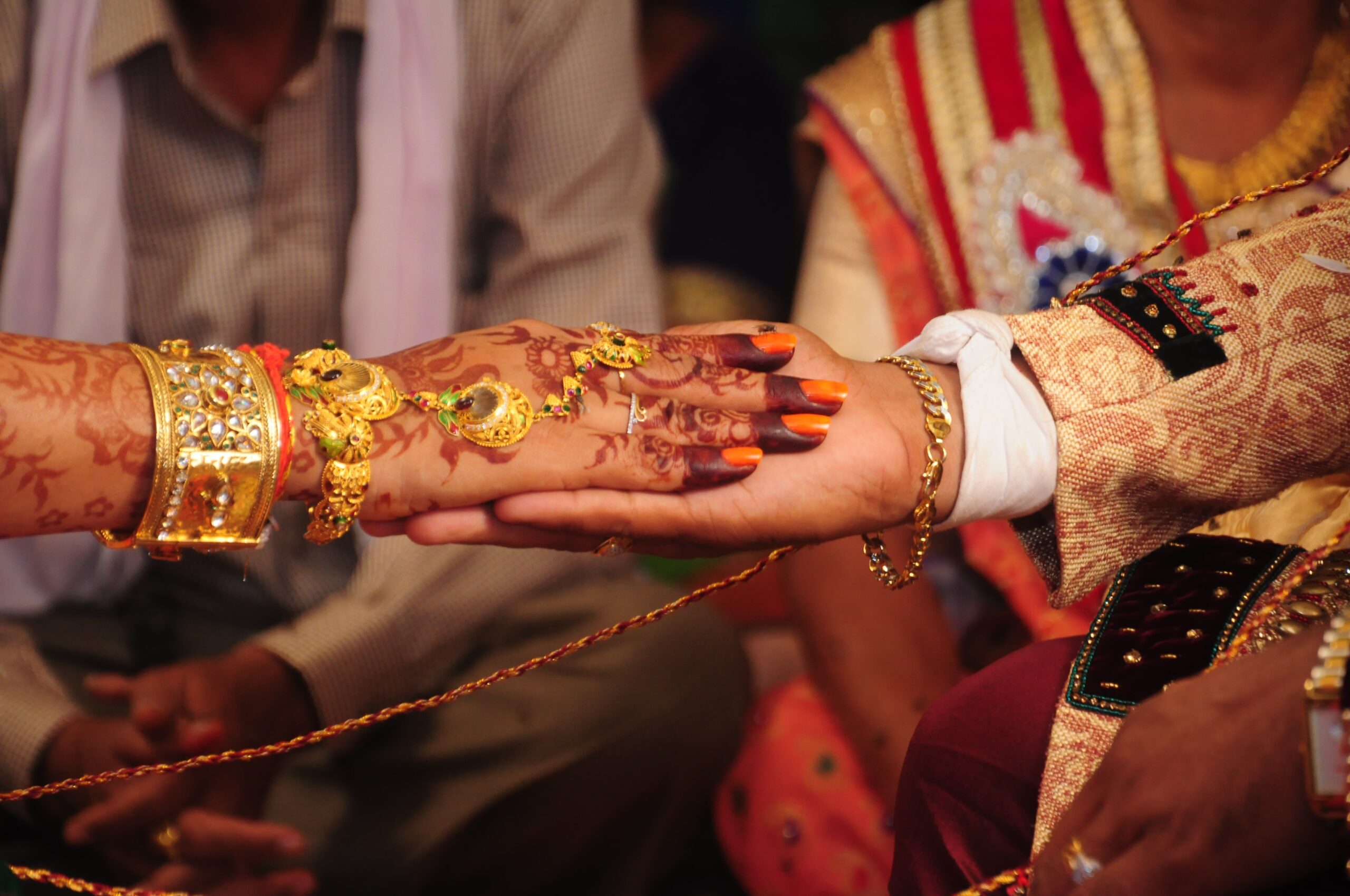In the previous post, we looked at how Kammas are classified based on their economic standing and financial strength. Let us now examine how they differ in terms of lifestyle, marital customs, and traditions.
According to the British census of 1981, there are about nine types of kammas: Pedda Kamma, Godachatu Kamma, Illuvellani Kamm, Bangaru Kamma, Vaduga Kamma, Kavali Kamma, Gandikota Kamma, Gampa Kamma, and Macha Kamma. Nonetheless, the latter two groups no longer exist. The census also demonstrated that not all categories have an equal geographic spread, and one group is primarily confined to one place. Bangaru Kamma, for example, was discovered in North Arcot (Tamilnadu) and Vaduga Kamma in the Coimbatore region (Tamilnadu). The first three sections were mostly found in the districts of Krishna, Guntur, and Anantapuram.
Gampa Kammas: Historians believe this classification arose from a marriage ritual in which the bride is carried to the dais in a basket (gampa). As a result, the term ‘Gampa Kammas’ was coined. Another interpretation is that Gampa Kammas are China Kammas and Goda Chatu Kammas are Pedda Kammas.
Goda Chatu Kammas: ‘Chatu’ means “a place to hide”. Though the specific origin of this name is unknown, historians believe that kammas who did not expose their ladies and obeyed the gosha system were given this name.
Illu vellani (Illu Vedalani) Kammas: The word refers to Kamma ladies who were not accustomed to going out or to the fields. Technically, both Goda Chatu Kammas and Illu Vellani Kammas appear to be Pedda Kammas because their living practises reflect Pedda Kammas’ lifestyle.
The Telugu word “paita” is derived from “Payi-eda,” which signifies the upper region of the chest. It is also known as Edama Paita Kamma or Kudi Paita Kamma. Over time, the area of the saree used to cover the “pai-eda” has come to be known as the “paita” or “paita-kongu.” The term “Kudi Paita Kamma” was used to refer to Kammas who had developed the practise of placing this paita-kongu on the right side of their upper chest, while the term “Edama-Paita Kamma” was used for those who positioned it on the left.
Furthermore, certain sects were divided based on their water-carrying customs. Districts in Godavari were a popular place to see this segmentation. In the past, water was commonly available in villages by canals, tanks, or pumps. The term “Kavidi Kammas” refers to Kammas who used to transport water in pots on either side of a specifically formed piece of wood (stick) known as a “Kavidi.” There were also Gudas, Eredis, Uggams, and Rachas sects in this group. Eredis used to transport water on a pack bullock, Uggams carried pots in their hands, and racha kammas required two people to transport a single pot. There were also kammas who carried pots on their shoulders or in the water.
The name Vaduga Kammas was primarily found in Tamilnadu, and Vadugu means Telugu. Most likely, the Kammas who migrated to Tamilnadu and made it their home were given this name by Tamils. The Bangaru Kammas were individuals who adorned their noses with gold.
These divisions in the community existed centuries ago, and marriages between these groups were likewise forbidden. For instance, Pedda Kammas used to get married to each other and opposed having their kids delivered to Chinna Kammas households. However, these distinctions are not readily apparent in contemporary Kamma society. Regardless of their sub-sects, marriages between Kammas have been widespread in recent years.
The sole purpose of these articles, which are being provided by the Subhamastu.co team, is to inform readers about how our ancestors lived many decades or centuries ago and how we evolved. Continue reading and feel free to offer feedback on the material.
Find your life partner from numerous profiles of both Kamma brides and Kamma grooms to search from and decide. A rigorous verification is done for each and every profile before they are available for all the individuals.




